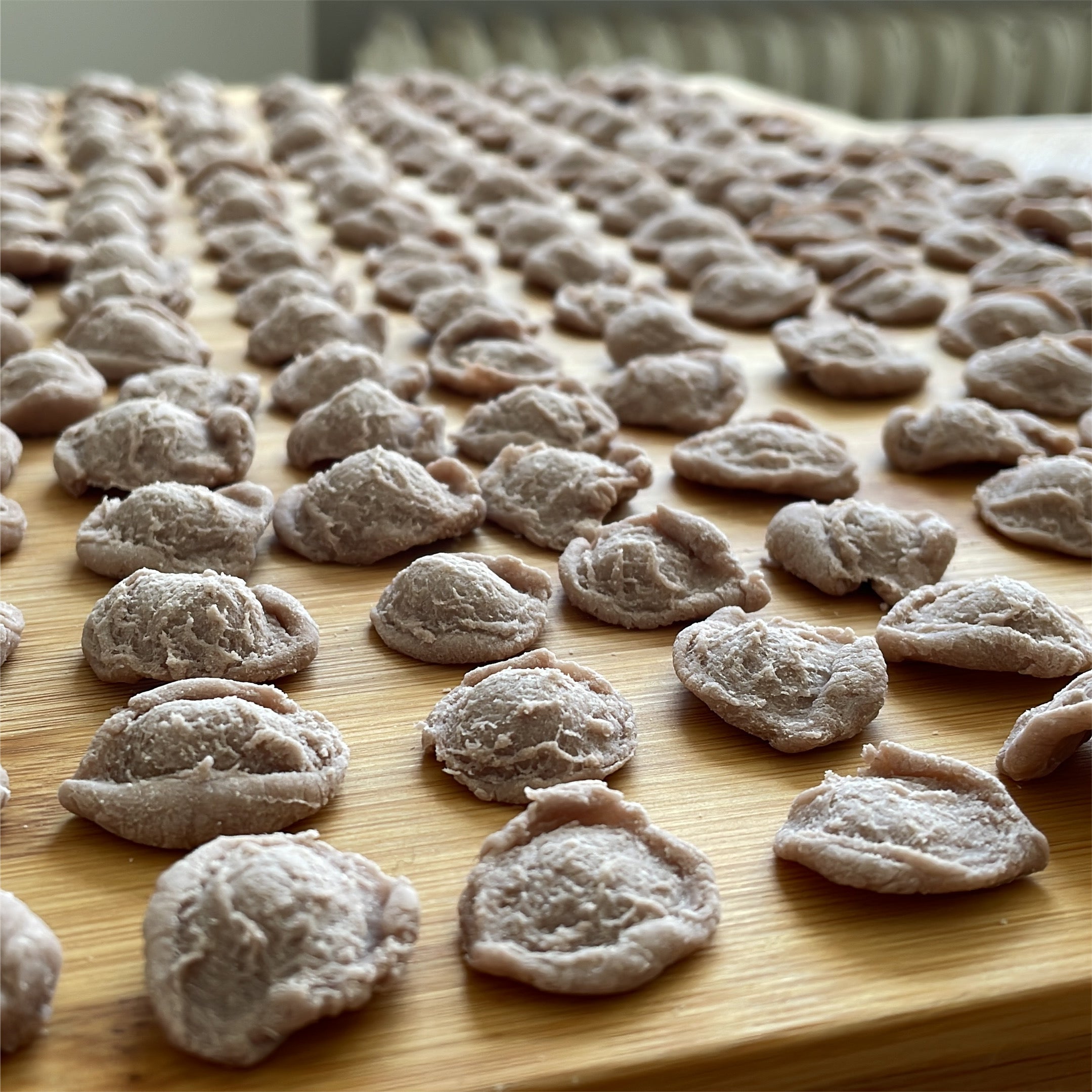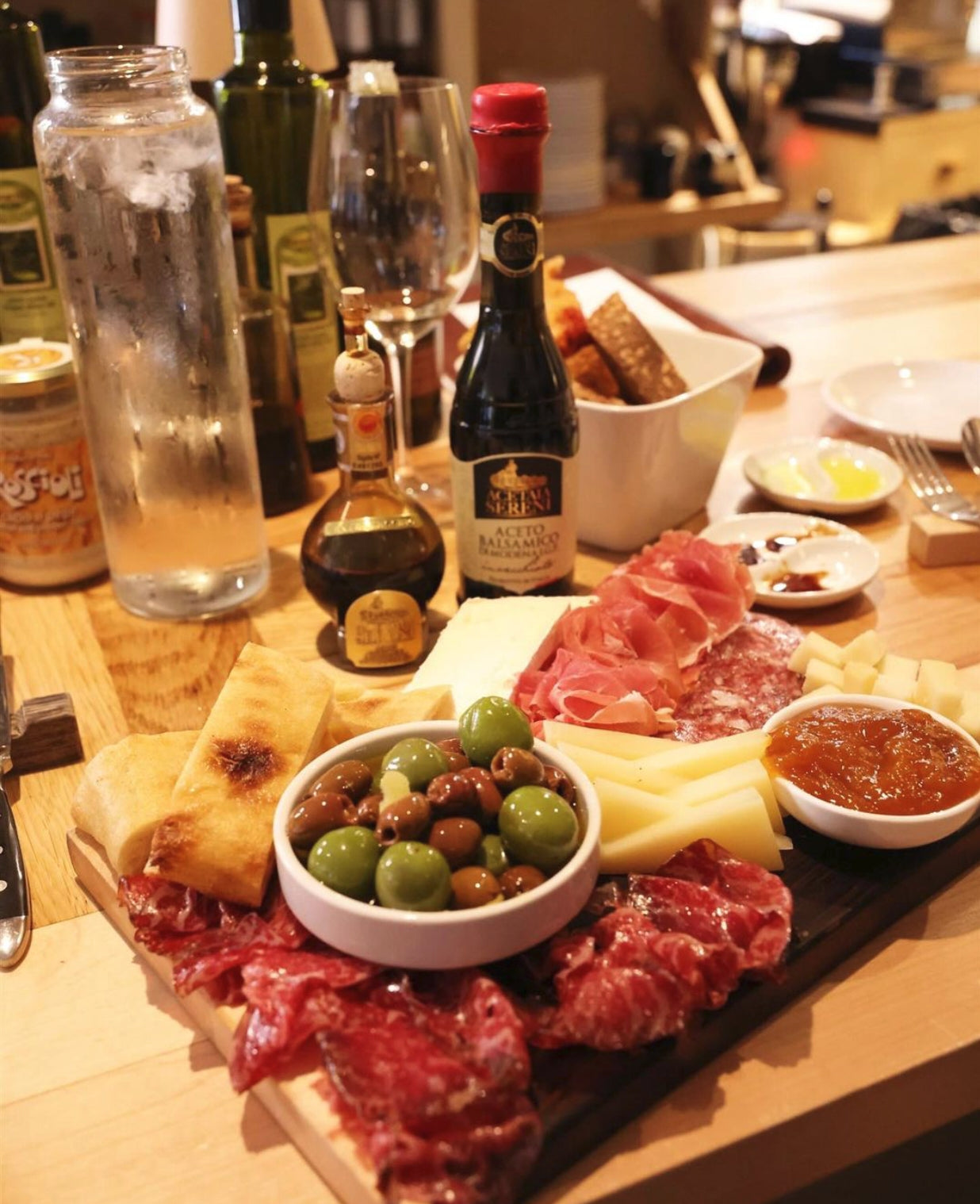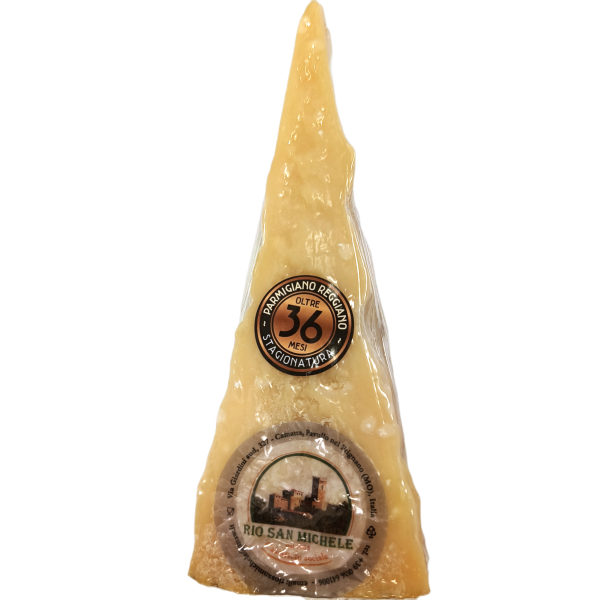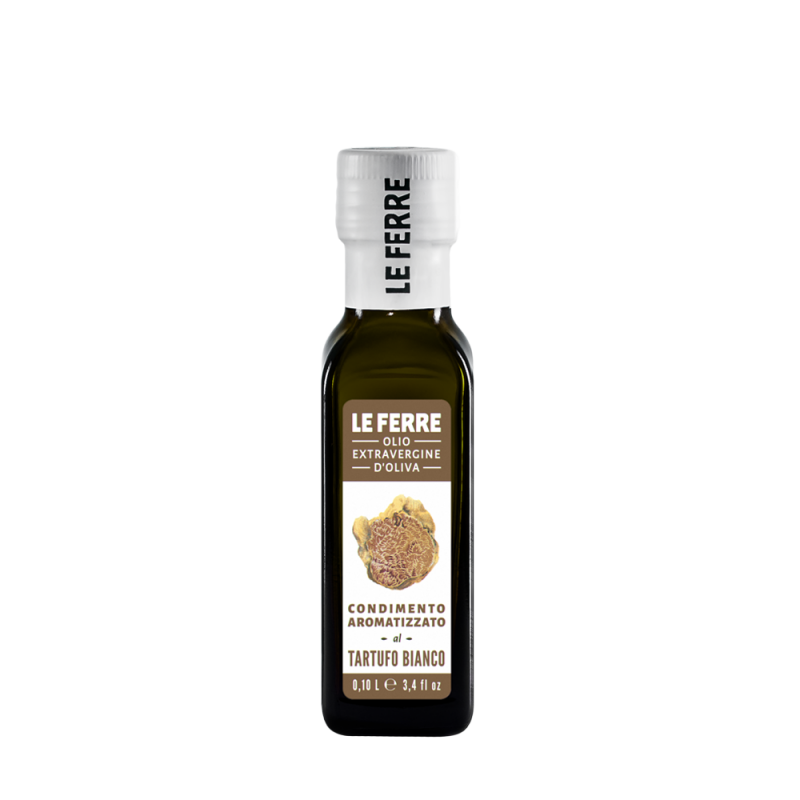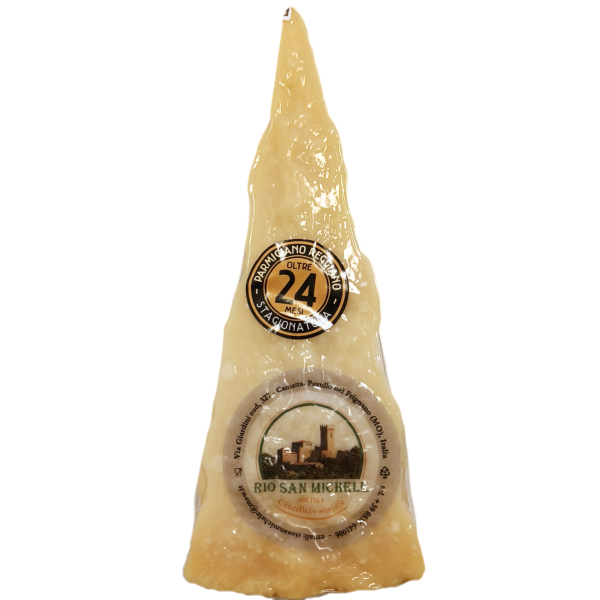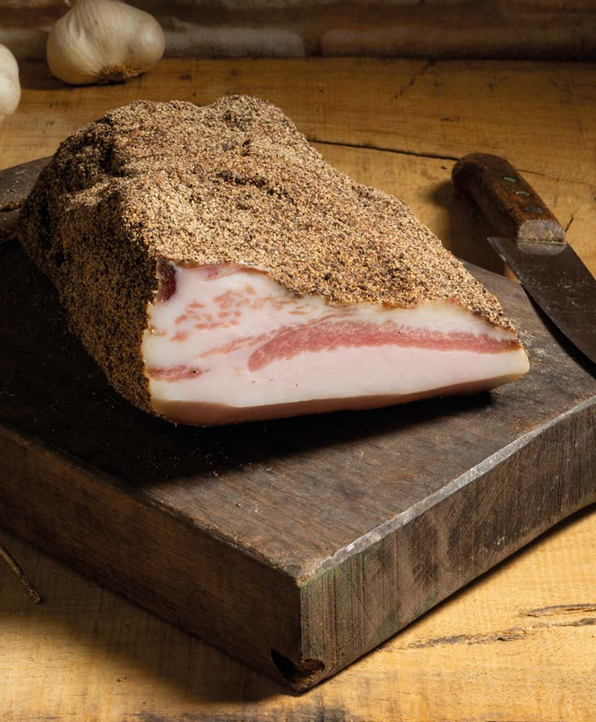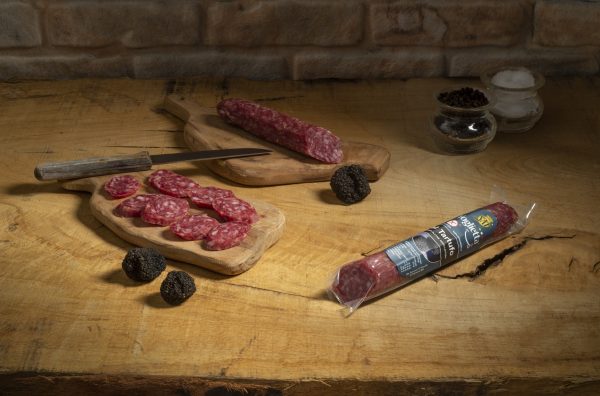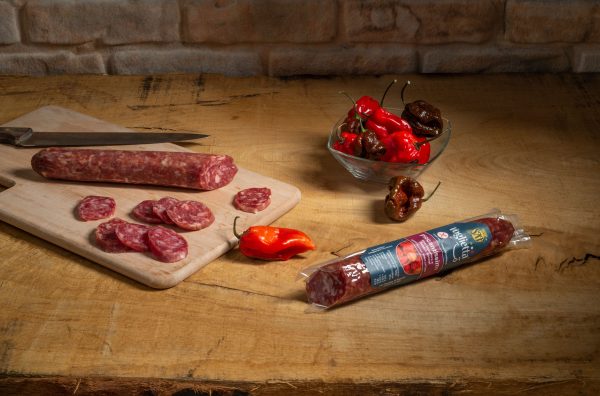If you've ever talked to an Italian you know and heard them insist on the importance of using a certain type of pasta for a certain recipe, you understand this too: in Italy, pasta is not just pasta: in Italy, pasta is not just pasta :-).
The type of pasta used in a dish is just as important as the sauce and other ingredients. Each type of pasta has its own texture, shape, and ability to bond with different sauces. This article takes you on a journey through Italy's rich pasta culture and explains how we Italians pair different types of pasta with the right recipes.
Spaghetti: The versatile classic
Spaghetti is one of the most popular types of pasta, known for its long, thin shape. It is ideal for light sauces such as Aglio e Olio (garlic and olive oil) or Pasta Carbonara , where it can wrap itself perfectly around the sauce and create a harmonious taste experience. Spaghetti is also often used in dishes such as Spaghetti alle Vongole (spaghetti with clams) and Spaghetti al pomodoro (spaghetti with tomato sauce). Linguine is also good for seafood, but almost never "pasta corta" (short pasta, such as penne, ziti, etc.).
We don't usually eat spaghetti with meatballs: " spaghetti with meatballs " is a more American interpretation, made famous by movies like Lady and the Tramp . We prefer to use penne, ziti or short pasta – it's more convenient with a fork!
Farfalle: Summer's Favorite
Farfalle, also known as "butterfly pasta" because of its shape, is perfect for light and fresh dishes. Its shape makes it ideal for pasta salads or sauces with salmon like Farfalle al salmone . Farfalle traps the sauce in its folds, creating a lovely balance of flavors in every bite.
Penne: The robust all-rounder
Penne is a tubular pasta with slanted ends, making it ideal for rich sauces like Arrabbiata (a spicy tomato sauce) or Pesto alla Genovese . Penne is also great in baked dishes like Penne al Forno , where it soaks up the flavors of the sauce, salami, and cheese.
Fusilli: The charm of spirals
Fusilli is a spiral-shaped pasta that is excellent for sauces with lots of ingredients that can get caught in its twisted shape. It is often used in dishes like Fusilli al Pesto or with creamy tomato-based sauces . Fusilli is also popular in pasta salads, where its shape provides an interesting texture.
Regional specialties: Orecchiette and other local gems
In Southern Italy, especially in the Puglia region where I come from, Orecchiette (small pasta-shaped "ears", my production in the picture :-) ) are a favorite. They are traditionally served with cime di rapa (broccoli rabe) or a simple tomato sauce. In Campania you will find Paccheri , large tubular pastas often filled with ragu or seafood sauces called "calamarata".
Pasta ripiena and all'uovo: Northern Italian delicacies
In Northern Italy, pasta ripiena (filled pasta) and all'uovo (egg pasta) are very popular. Tortellini and Ravioli are well-known examples of filled pasta, with fillings ranging from cheese and spinach to meat. These types of pasta are often served in broth or with butter and sage, which enhances the pasta's rich flavor.
Egg pasta is typical in regions like Emilia-Romagna, where it is used in dishes like Tagliatelle al Ragu (known as Tagliatelle alla Bolognese, although here in Denmark spaghetti bolognese is also popular: find recipe here). The richness of the egg gives the pasta a deeper flavor and a firmer texture, which goes well with the heavy, meaty sauces popular in Northern Italy.
Cultural reasons behind the differences
The cultural division in Italy's pasta choices stems from the regions' differing climates and available ingredients. In Northern Italy, where the climate is cooler and there is more agriculture, dairy products such as cheese and butter are more prominent, making egg-based pasta and richer sauces more common, such as Tortellini , Ravioli , or Cappelletti. In Southern Italy, where the climate is warmer, tomato-based sauces, olive oil, and the durum pasta types such as Spaghetti, Penne , etc. dominate.
Conclusion: A world of taste experiences
Choosing the right type of pasta for a given dish is an art form in Italy. By understanding how we Italians combine pasta with different recipes, you can bring true Italian flavor into your own kitchen. Whether you choose spaghetti, farfalle, penne, or regional specialties like orecchiette, the right pasta will make all the difference in your next Italian dinner.
Buon appetito!

